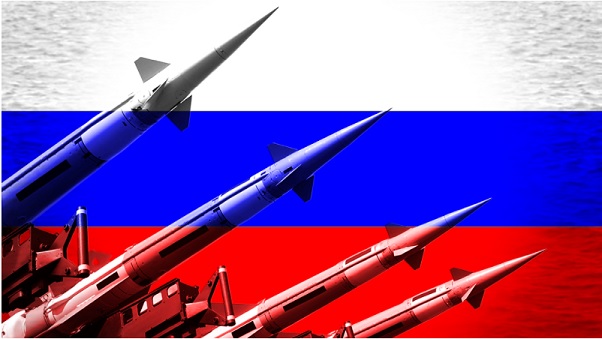
President Putin has put Russia's nuclear forces on "special" alert, raising concerns around the world.
But analysts suggest his actions should probably be interpreted as a warning to other countries not to escalate their involvement in Ukraine, rather than signalling any desire to use nuclear weapons.
Nuclear weapons have existed for almost 80 years and many countries see them as a deterrent that continues to guarantee their national security.
How many nuclear weapons does Russia have?
All figures for nuclear weapons are estimates but, according to the Federation of American Scientists, Russia has 5,977 nuclear warheads - the devices that trigger a nuclear explosion - though this includes about 1,500 that are retired and set to to be dismantled.
Of the remaining 4,500 or so, most are considered strategic nuclear weapons - ballistic missiles, or rockets, which can be targeted over long distances. These are the weapons usually associated with nuclear war.
The rest are smaller, less destructive nuclear weapons for short-range use on battlefields or at sea.
But this does not mean Russia has thousands of long-range nuclear weapons ready to go.
Experts estimate around 1,500 Russian warheads are currently "deployed", meaning sited at missile and bomber bases or on submarines at sea.

